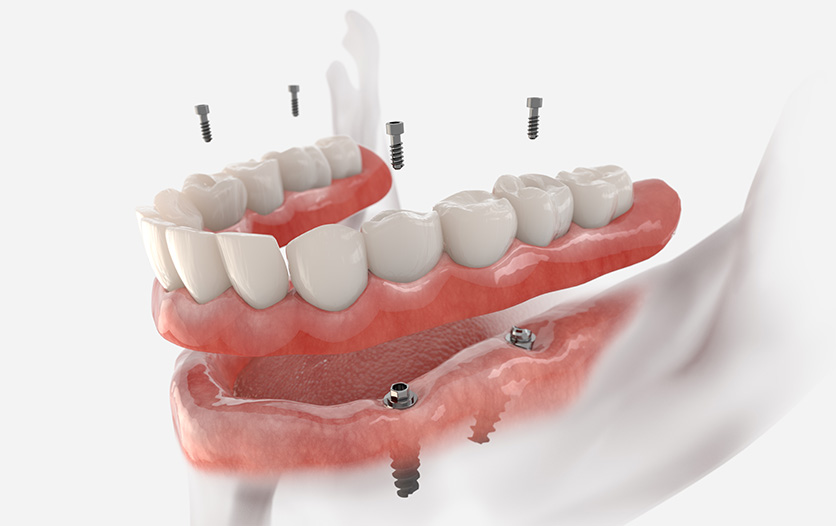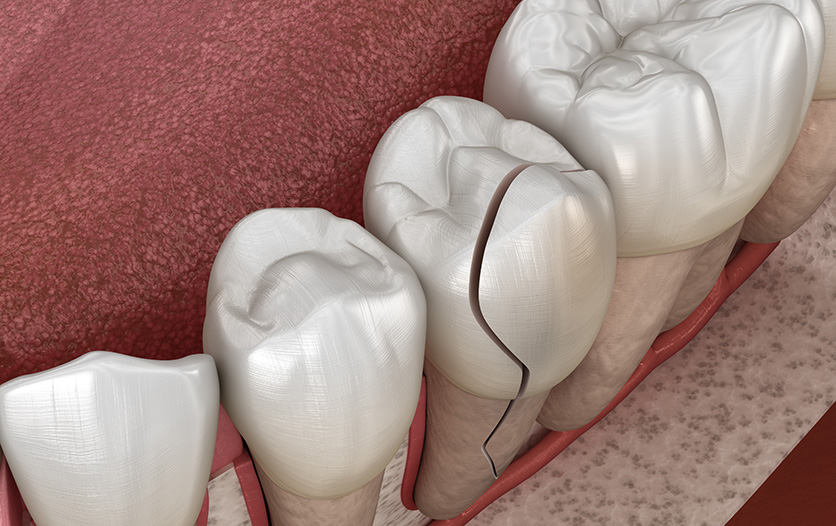
Overdentures vs. Dentures: Which Is Right For You?
For patients who have lost most or all of their teeth, dentures are a common solution for restoring their smile and oral function. However, overdentures are a newer type of dental prosthesis that may be a better option for some patients. In this article, we will compare overdentures to dentures and help you understand which one is right for you.
Stability
One of the most significant differences between overdentures and dentures is stability. Traditional dentures rest on the gums and can be prone to slipping and moving around in the mouth. This can be uncomfortable and embarrassing for the wearer.
Overdentures, on the other hand, are secured in place using dental implants. This provides a more stable and secure fit, which can be more comfortable for many patients.
Bone Preservation
When teeth are lost, the jawbone begins to deteriorate over time. Traditional dentures can accelerate this process because they rest on the gums and do not stimulate the bone.
Overdentures, on the other hand, are attached to dental implants, which are surgically placed into the jawbone. This stimulates the bone and can help preserve it over time.
Maintenance
Traditional dentures require regular cleaning and maintenance to keep them clean and free from bacteria. They must be removed and cleaned regularly to prevent bad breath and other oral health issues.
Overdentures, in contrast, are easier to maintain because they are secured in place using dental implants. They can be cleaned and brushed like natural teeth, making them more convenient for many patients.
Cost
Traditional dentures are often more affordable than overdentures because they do not require dental implants. However, the cost of dentures can add up over time due to the need for regular maintenance and replacement.
Overdentures are more expensive initially because they require dental implants. However, they can be a more cost-effective option over time because they are more durable and require less maintenance.
Bite Force
Traditional dentures can limit the wearer’s ability to bite and chew certain foods. This is because dentures are not as stable as natural teeth and can move around in the mouth.
Overdentures, on the other hand, are secured in place using dental implants. This provides a more stable and secure fit, which can allow the wearer to bite and chew a wider variety of foods.
Overdentures vs. Dentures: Which is Right for You?
Ultimately, the decision between overdentures and dentures will depend on your individual needs and preferences. If you are looking for a more stable and secure fit, overdentures may be the right choice for you. If you are concerned about cost, traditional dentures may be a better option.
Talk to your dentist about your options and what will work best for your individual needs. They can help you make an informed decision and provide you with the right treatment to restore your smile and oral function. Contact us at Evers Dental today to learn more about our services or to schedule an appointment.
Keep reading:
The answers to the 10 most common questions about dentures
Oral sedation dentistry: What does it feel like and when do you need it?




